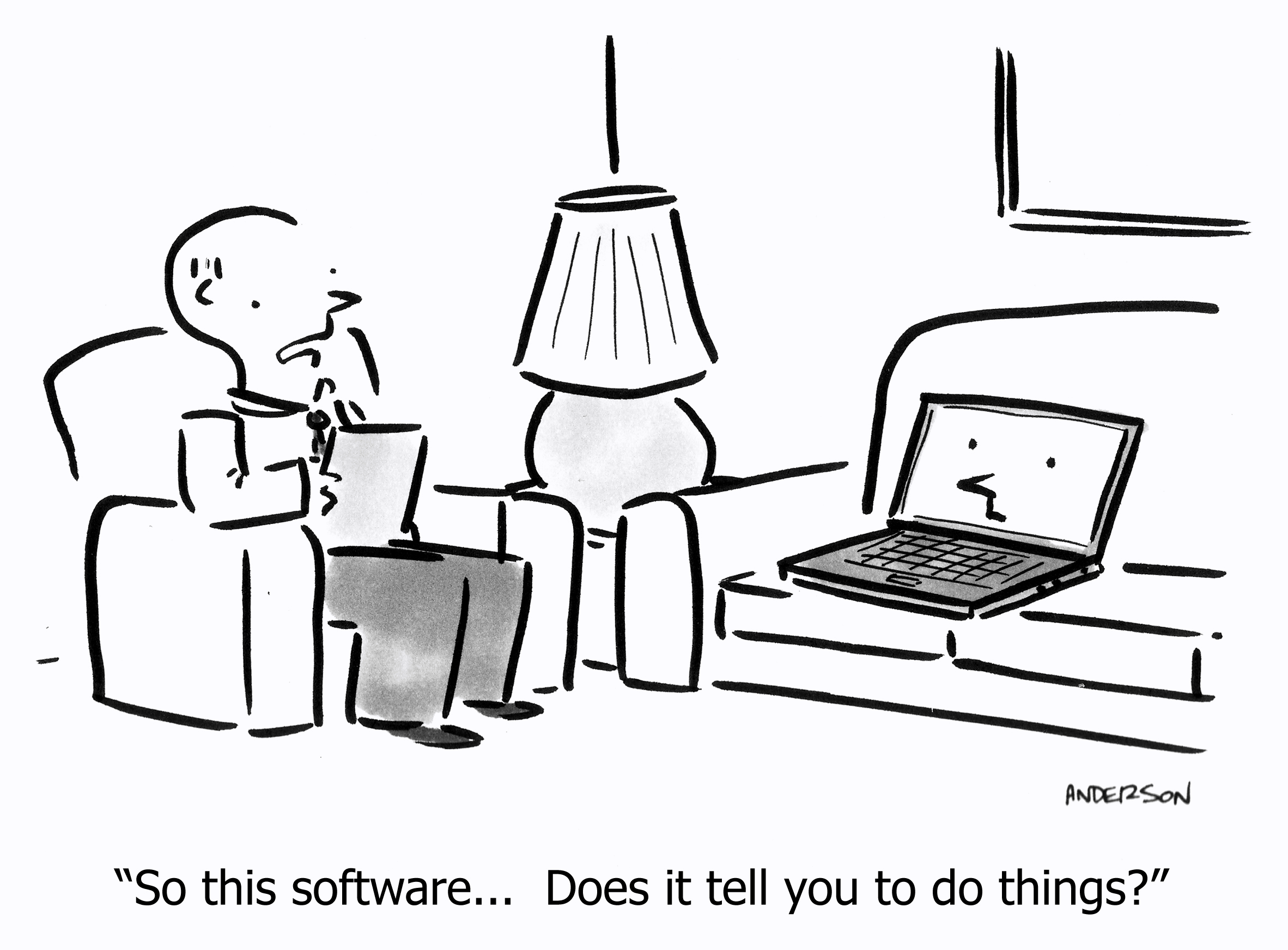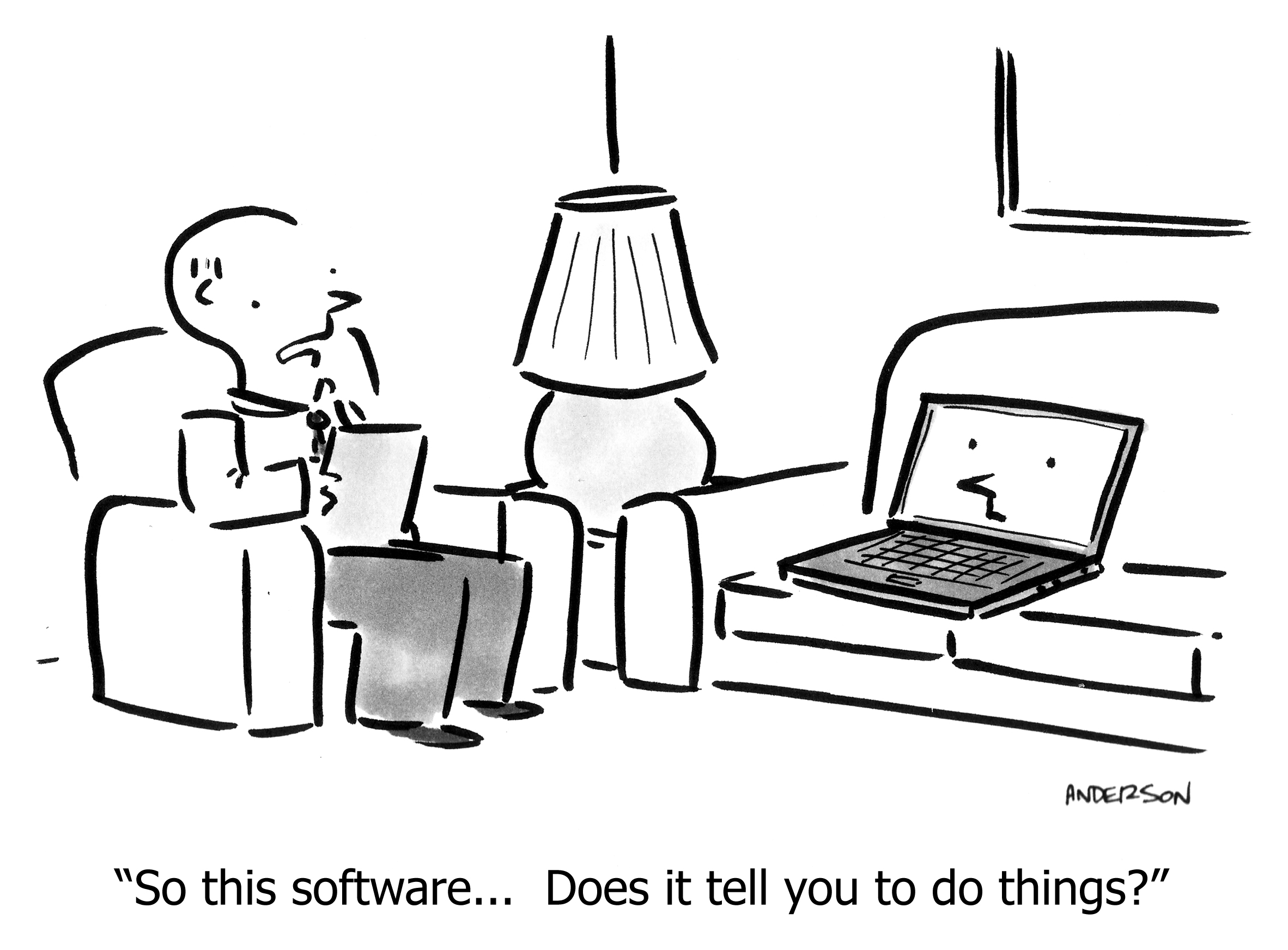Startup Weekend pep talk: It ain’t the code
This is a rough transcript of a talk I delivered recently at the start of Startup Weekend in Austin.
Startup Weekend is a friendly competitive event in which teams of 3-5 build a startup from scratch over the course of a single intense weekend. It culminates with informal presentations to a panel of judges who declare a winner, but of course the competition is only an excuse to facilitate the true benefits: honing startup skills through experience, the thrill of pressure, and working side-by-side with other ambitious people instead of superficial “networking.” Indeed, although most startups produced by Startup Weekend don’t persist, frequently participants recombine weeks later to form real startups.
You have only 50 hours to build an entire little functional company, so I’ll be brief. But I’d like to share one piece of advice which I believe significantly increases your chance of walking away on Sunday with a real business.
Everyone here is a builder, a creator—whether a back-end programmer, a Linux hacker, a front-end producer, or a designer. You make stuff.
That’s great of course, because in a startup you either need to be making stuff or hauling in revenue—there’s no room for managers and executives and strategists. But this also produces a natural weakness, and those who overcome this weakness over the next few days are most likely to win.
You and I know you can code an app and produce a simple clean home page. Everyone here can. So the quality or quantity of that creation will not be why your company succeeds.
In fact, I was on the judging panel last time, and the tech and design had nothing to do with our decisions. Judges don’t think “Which had the best algorithm” because this isn’t a programming contest. Judges don’t think “Which had the cleverest logo,” because this isn’t a design contest. This is a startup contest.
And this bigger than just Startup Weekend. Customers don’t patronize companies on the basis of the difficulty of the code or the unit test coverage percentage or whether you used Bodoni instead of Times New Roman on the home page. In fact I’ve made millions of dollars on companies with hideously ugly websites and buggy code. Those things are actually not the most important things. Real life is a startup contest too.
So if these things—the raw materials and skills used in web-based startups—are necessary but insufficient, what is valuable? What will separate the companies this weekend? What are those things outside your comfort zone which nevertheless are the things that will determine who wins?
Here’s just a few:
- Sharpen your pitch, achieving such clarity and brevity that any potential customer immediately understands that you’re relevant to their pain and your product could very well solve it, and so that it’s equally apparent to other intelligent people—like the judges or future investors. Your verbal pitch should be under 60 seconds; your home page should entice in three words and explain in under fifty. This is harder than it sounds because it forces you to make strong choices about what you’re building and why and who cares and what they’ll pay for it. It is these choices that are valuable; creating a brief pitch merely forces the issue.
- Get 5 strangers to give you feedback, if not on a prototype then just an interview. Validate the pain, what’s minimally needed to address the pain, and what they’d pay for it. Even if they don’t agree, even if you change your story each time, you’ll learn what’s critical and what you still need to resolve. A concept validated by five people is far more valuable than a working application that no one has critiqued.
- Construct a plausible business model. Not a business plan, but rather a simple spreadsheet with pricing model, how money flows in and out during normal operation, customer acquisition cost, and therefore how many customers you’ll need to break even on operating costs, and how many more to break even including human costs. It’s surprisingly difficult to build a company where revenues outweigh costs of marketing, salaries, and operations, even at scale. If you prove yours can work, you’re already ahead of the group.
- Produce evidence of potential customers already looking for a solution to this problem (e.g. complaining on Twitter, asking on forums, musing on blogs, paying too much money for crappy alternatives). Too many companies build cool tools which no one particular wants. Evidence of searching and asking demonstrates not only need but suggests a way to reach those people.
Your problem isthat since coding or design is what you like, what you’re good at, what’s fun, you’ll be tempted to dive in and spend too much time inside TextMate and Photoshop.
But then you’ll have built a curiosity, a hobby, some trivial code and a typical website, yet another public repo on github and a free WordPress blog. Of course you can do that—all of you can—which means it doesn’t help you with the judges. All that work doesn’t make a company, it makes a website, and this weekend is about companies.
If all you build this weekend is a landing page that describes what your company will do and asks for an email address to be notified when ready, and if you manage to get 50 emails, that is far more of a real company than a team who builds something that works but no one asked for it. Because if you can identify a need, all of you have the skills to meet that need. The opposite is not true—a website cannot generate people who are interested in it.
So force yourself out of your comfort zone. You’ll also do coding and design and that’s fine of course. But force yourself to do those other things that create a valuable business, because those who make substantial progress on even one or two of those points are the ones who will win this contest and are mostly likely to have in fact built a viable little company.
This is a life-lesson that extends beyond Startup Weekend. You don’t need more practice writing code or creating logos—you can do that any time. Why not take this opportunity to practice something you’re not already expert at? Why not use this as a chance to grow and get better at other things which are equally important to the success of any startup?
You can go back to building things for the sake of building things on Monday. This weekend, build a company.
https://longform.asmartbear.com/startup-weekend/
© 2007-2026 Jason Cohen
 @asmartbear
@asmartbear






